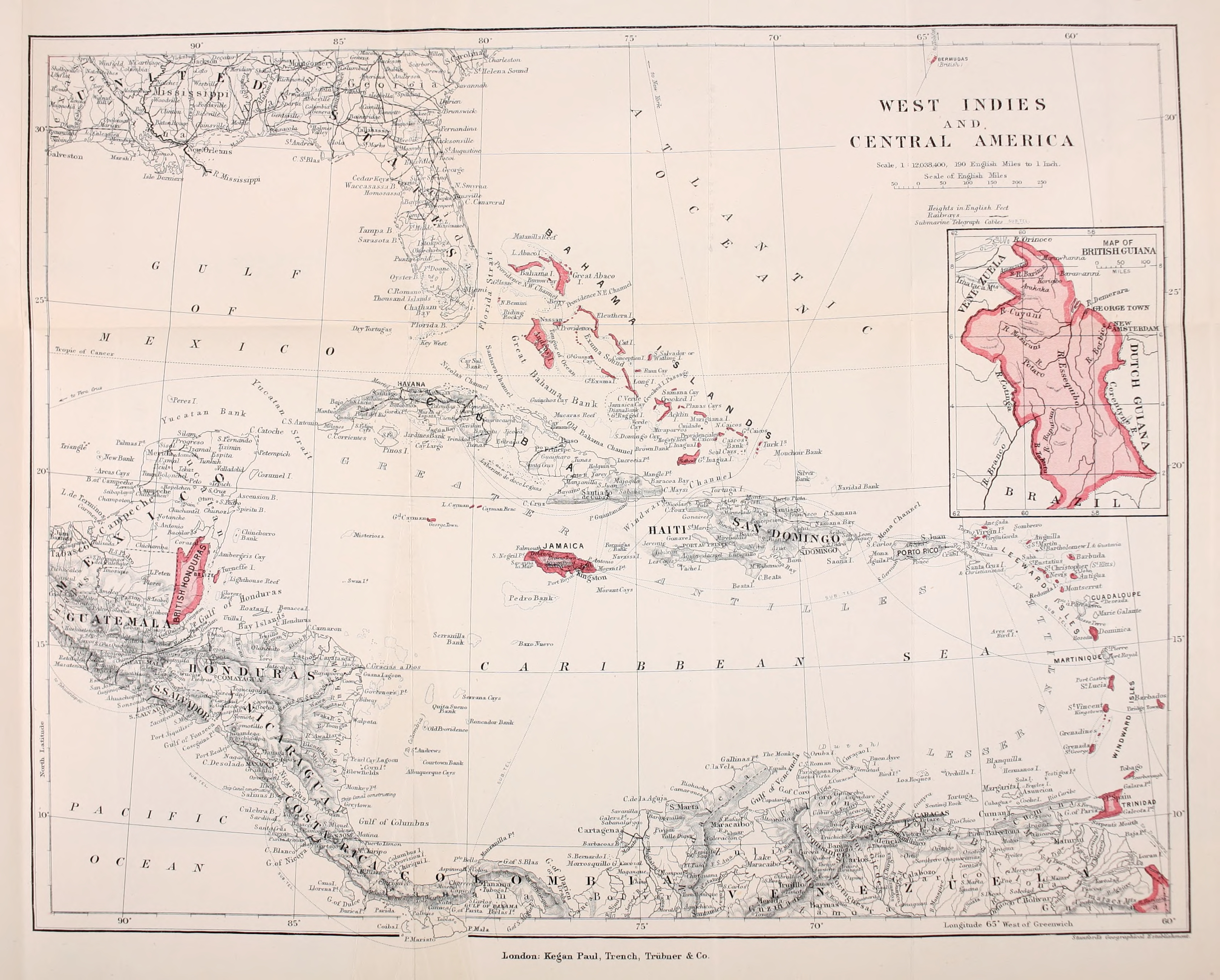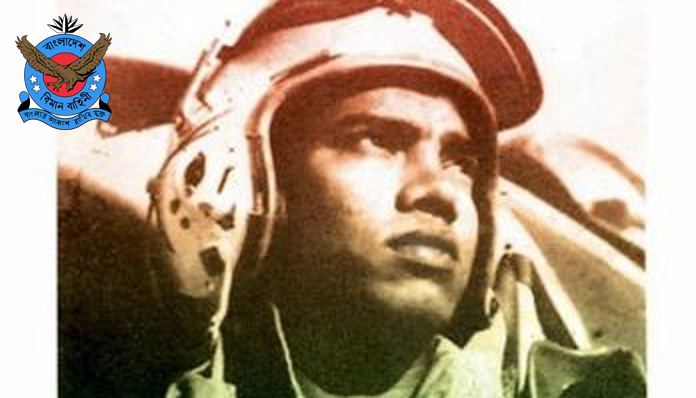|
Arthur McDonald
Air Marshal Sir Arthur William Baynes McDonald, (14 June 1903 – 26 July 1996) was a senior Royal Air Force officer. He served as Commander-in-Chief of the Royal Pakistan Air Force from 1955 to 1957. Early life McDonald was born on 14 June 1903 in either South Africa or Antigua. His father was a British Army doctor who had served in the Second Boer War. He grew up on the Caribbean islands of Saint Kitts and Antigua, then members of the British West Indies. He was educated at Antigua Grammar School, before joining Epsom College, a public school in Surrey, England. He studied engineering at Peterhouse, Cambridge, graduating with a Bachelor of Arts (BA) degree: as per tradition, his BA was promoted to a Master of Arts (MA Cantab) degree. Military career On 15 March 1924, McDonald was commissioned into the General Duties Branch of the Royal Air Force (RAF) as a pilot officer on probation. His commission and rank were confirmed on 15 September 1924. He was promoted to flying of ... [...More Info...] [...Related Items...] OR: [Wikipedia] [Google] [Baidu] |
South Africa
South Africa, officially the Republic of South Africa (RSA), is the southernmost country in Africa. It is bounded to the south by of coastline that stretch along the South Atlantic and Indian Oceans; to the north by the neighbouring countries of Namibia, Botswana, and Zimbabwe; and to the east and northeast by Mozambique and Eswatini. It also completely enclaves the country Lesotho. It is the southernmost country on the mainland of the Old World, and the second-most populous country located entirely south of the equator, after Tanzania. South Africa is a biodiversity hotspot, with unique biomes, plant and animal life. With over 60 million people, the country is the world's 24th-most populous nation and covers an area of . South Africa has three capital cities, with the executive, judicial and legislative branches of government based in Pretoria, Bloemfontein, and Cape Town respectively. The largest city is Johannesburg. About 80% of the population are Black Sou ... [...More Info...] [...Related Items...] OR: [Wikipedia] [Google] [Baidu] |
British West Indies
The British West Indies (BWI) were colonized British territories in the West Indies: Anguilla, the Cayman Islands, Turks and Caicos Islands, Montserrat, the British Virgin Islands, Antigua and Barbuda, The Bahamas, Barbados, Dominica, Grenada, Jamaica, Saint Kitts and Nevis, Saint Lucia, Saint Vincent and the Grenadines, British Guiana (now Guyana) and Trinidad and Tobago. Other territories include Bermuda, and the former British Honduras (now Belize). The colonies were also at the center of the transatlantic slave trade, around 2.3 million slaves were brought to the British Caribbean. Before the decolonisation period in the later 1950s and 1960s the term was used to include all British colonies in the region as part of the British Empire. [...More Info...] [...Related Items...] OR: [Wikipedia] [Google] [Baidu] |
RAF Fighter Command
RAF Fighter Command was one of the commands of the Royal Air Force. It was formed in 1936 to allow more specialised control of fighter aircraft. It served throughout the Second World War. It earned near-immortal fame during the Battle of Britain in 1940, when the Few held off the Luftwaffe attack on Britain. The Command continued until 17 November 1943, when it was disbanded and the RAF fighter force was split into two categories; defence and attack. The defensive force became Air Defence of Great Britain (ADGB) and the offensive force became the RAF Second Tactical Air Force. Air Defence of Great Britain was renamed back to Fighter Command in October 1944 and continued to provide defensive patrols around Great Britain. It was disbanded for the second time in 1968, when it was subsumed into the new Strike Command. Origins On 20 May 1926, the forerunner of Fighter Command was established as a group within Inland Area. On 1 June 1926, Fighting Area was transferred to the ... [...More Info...] [...Related Items...] OR: [Wikipedia] [Google] [Baidu] |
Air Ministry
The Air Ministry was a department of the Government of the United Kingdom with the responsibility of managing the affairs of the Royal Air Force, that existed from 1918 to 1964. It was under the political authority of the Secretary of State for Air. Organisations before the Air Ministry The Air Committee On 13 April 1912, less than two weeks after the creation of the Royal Flying Corps (which initially consisted of both a naval and a military wing), an Air Committee was established to act as an intermediary between the Admiralty and the War Office in matters relating to aviation. The new Air Committee was composed of representatives of the two war ministries, and although it could make recommendations, it lacked executive authority. The recommendations of the Air Committee had to be ratified by the Admiralty Board and the Imperial General Staff and, in consequence, the Committee was not particularly effective. The increasing separation of army and naval aviation from 1 ... [...More Info...] [...Related Items...] OR: [Wikipedia] [Google] [Baidu] |
Officer Commanding
The officer commanding (OC), also known as the officer in command or officer in charge (OiC), is the commander of a sub-unit or minor unit (smaller than battalion size), principally used in the United Kingdom and Commonwealth. In other countries, the term commanding officer is applied to commanders of minor as well as major units. Normally an officer commanding is a company, squadron or battery commander (typically a major, although formerly a captain in infantry and cavalry units). However, the commanders of independent units of smaller than company size, detachments and administrative organisations, such as schools or wings, may also be designated officers commanding. The term "officer commanding" is not applied to every officer who is given command of a minor unit. For example, a platoon commander whose platoon is part of a company would not be an officer commanding. The officer commanding with power over that platoon would be the company OC. "Officer commanding" is an appo ... [...More Info...] [...Related Items...] OR: [Wikipedia] [Google] [Baidu] |
Flight Lieutenant
Flight lieutenant is a junior commissioned rank in air forces that use the Royal Air Force (RAF) system of ranks, especially in Commonwealth countries. It has a NATO rank code of OF-2. Flight lieutenant is abbreviated as Flt Lt in the Indian Air Force (IAF) and RAF, and as FLTLT in the Pakistan Air Force (PAF), Royal Australian Air Force (RAAF) and Royal New Zealand Air Force (RNZAF) and has sometimes also been abbreviated as F/L in many services; it has never been correctly abbreviated as "lieutenant". A flight lieutenant ranks above flying officer and below a squadron leader and is sometimes used as an English language translation of a similar rank in non-English-speaking countries. The rank originated in the Royal Naval Air Service (RNAS) in 1914. It fell into abeyance when the RNAS merged with the Royal Flying Corps during the First World War but was revived in 1919 in the post-war RAF. An RAF flight lieutenant is the equivalent of a lieutenant in th ... [...More Info...] [...Related Items...] OR: [Wikipedia] [Google] [Baidu] |
Pilot Officer
Pilot officer (Plt Off officially in the RAF; in the RAAF and RNZAF; formerly P/O in all services, and still often used in the RAF) is the lowest commissioned rank in the Royal Air Force and the air forces of many other Commonwealth countries. It ranks immediately below flying officer. It has a NATO ranking code of OF-1 and is equivalent to a second lieutenant in the British Army or the Royal Marines. The Royal Navy has no exact equivalent rank, and a pilot officer is senior to a Royal Navy midshipman and junior to a Royal Navy sub-lieutenant. In the Australian Armed Forces, the rank of pilot officer is equivalent to acting sub lieutenant in the Royal Australian Navy. The equivalent rank in the Women's Auxiliary Air Force (WAAF) was "assistant section officer". Origins In the Royal Flying Corps, officers were designated pilot officers at the end of pilot training. As they retained their commissions in their customary ranks (usually second lieutenant or lieutenant), an ... [...More Info...] [...Related Items...] OR: [Wikipedia] [Google] [Baidu] |
Officer (armed Forces)
An officer is a person who holds a position of authority as a member of an armed force or uniformed service. Broadly speaking, "officer" means a commissioned officer, a non-commissioned officer, or a warrant officer. However, absent contextual qualification, the term typically refers only to a force's ''commissioned officers'', the more senior members who derive their authority from a commission from the head of state. Numbers The proportion of officers varies greatly. Commissioned officers typically make up between an eighth and a fifth of modern armed forces personnel. In 2013, officers were the senior 17% of the British armed forces, and the senior 13.7% of the French armed forces. In 2012, officers made up about 18% of the German armed forces, and about 17.2% of the United States armed forces. Historically, however, armed forces have generally had much lower proportions of officers. During the First World War, fewer than 5% of British soldiers were officers (part ... [...More Info...] [...Related Items...] OR: [Wikipedia] [Google] [Baidu] |
Master Of Arts
A Master of Arts ( la, Magister Artium or ''Artium Magister''; abbreviated MA, M.A., AM, or A.M.) is the holder of a master's degree awarded by universities in many countries. The degree is usually contrasted with that of Master of Science. Those admitted to the degree have typically studied subjects within the scope of the humanities and social sciences, such as history, literature, languages, linguistics, public administration, political science, communication studies, law or diplomacy; however, different universities have different conventions and may also offer the degree for fields typically considered within the natural sciences and mathematics. The degree can be conferred in respect of completing courses and passing examinations, research, or a combination of the two. The degree of Master of Arts traces its origins to the teaching license or of the University of Paris, designed to produce "masters" who were graduate teachers of their subjects. Europe Czech Repu ... [...More Info...] [...Related Items...] OR: [Wikipedia] [Google] [Baidu] |
Bachelor Of Arts
Bachelor of arts (BA or AB; from the Latin ', ', or ') is a bachelor's degree awarded for an undergraduate program in the arts, or, in some cases, other disciplines. A Bachelor of Arts degree course is generally completed in three or four years, depending on the country and institution. * Degree attainment typically takes four years in Afghanistan, Armenia, Azerbaijan, Bangladesh, Brazil, Brunei, China, Egypt, Ghana, Greece, Georgia, Hong Kong, Indonesia, Iran, Iraq, Ireland, Japan, Kazakhstan, Kenya, Kuwait, Latvia, Lebanon, Lithuania, Mexico, Malaysia, Mongolia, Myanmar, Nepal, Netherlands, Nigeria, Pakistan, the Philippines, Qatar, Russia, Saudi Arabia, Scotland, Serbia, South Korea, Spain, Sri Lanka, Taiwan, Thailand, Turkey, Ukraine, the United States and Zambia. * Degree attainment typically takes three years in Albania, Australia, Bosnia and Herzegovina, the Caribbean, Iceland, India, Israel, Italy, New Zealand, Norway, South Africa, Switzerland, the Canadian province ... [...More Info...] [...Related Items...] OR: [Wikipedia] [Google] [Baidu] |
Peterhouse, Cambridge
Peterhouse is the oldest constituent college of the University of Cambridge in England, founded in 1284 by Hugh de Balsham, Bishop of Ely. Today, Peterhouse has 254 undergraduates, 116 full-time graduate students and 54 fellows. It is quite often erroneously referred to as ''Peterhouse College'', although the correct name is simply ''Peterhouse''. Peterhouse alumni are notably eminent within the natural sciences, including scientists Lord Kelvin, Henry Cavendish, Charles Babbage, James Clerk Maxwell, James Dewar, Frank Whittle, and five Nobel prize winners in science: Sir John Kendrew, Sir Aaron Klug, Archer Martin, Max Perutz, and Michael Levitt. Peterhouse alumni also include the Archbishop of Canterbury John Whitgift, Lord Chancellors, Lord Chief Justices, as well as Oscar-winning film director Sam Mendes, and comedian David Mitchell. British Prime Minister Augustus FitzRoy, 3rd Duke of Grafton, and Elijah Mudenda, second prime minister of Zambia, also studied ... [...More Info...] [...Related Items...] OR: [Wikipedia] [Google] [Baidu] |





